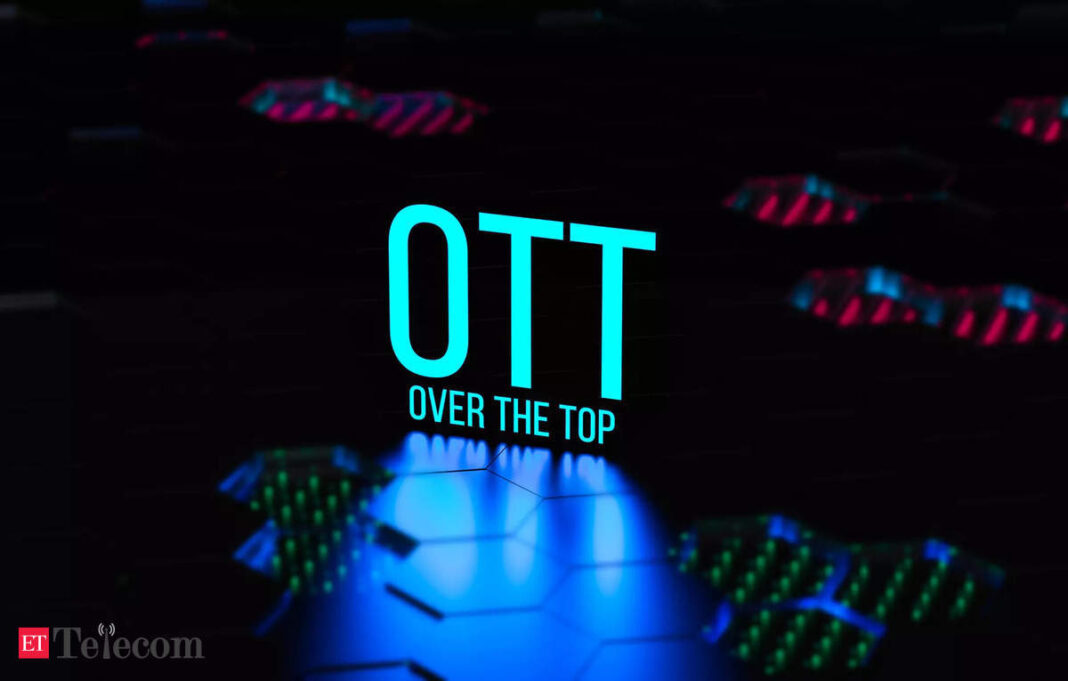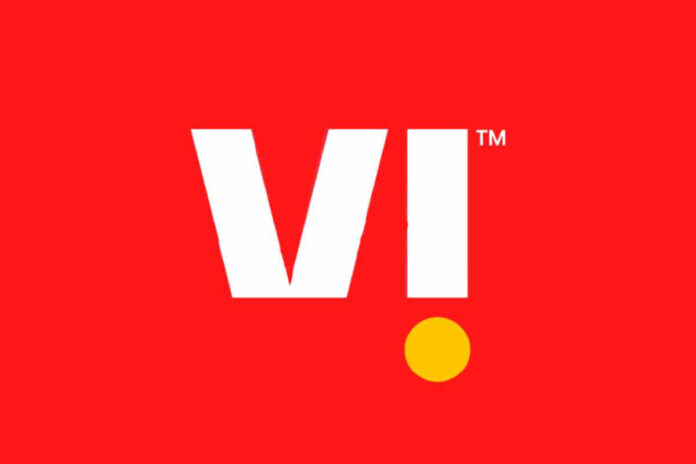In Short:
The telecom industry has been pushing for big OTT players to contribute financially towards creating digital infrastructure. COAI has demanded a fair charge to be levied on LTGs who generate large data traffic. However, IAMAI and BIF argue that regulating OTT players would harm the digital economy. TRAI and global initiatives are also working on regulations. The outcome of this ongoing debate remains uncertain.
Debate on OTT Players Contribution to Telecom Industry Infrastructure
The debate surrounding whether big Over-the-top (OTT) players should financially contribute to the telecom industry for building digital infrastructure has been ongoing for some time. Discussions have been underway to levy a fair charge on Large Traffic Generators (LTGs), prompting countries to consider potential solutions. However, no concrete regulatory framework or decision has been reached yet.
Telecom Industry Perspective
The Cellular Operators Association of India (COAI), representing telecom giants like Reliance Jio, Bharti Airtel, and Vodafone Idea, has been advocating for a ‘same service same rules’ regime. They propose a mutual agreement on a fair charge between telecom companies and OTT players to contribute to the development of digital telecom infrastructure in India.
In their recent white paper, COAI highlighted:
- Additional Rs 10,000 crore spent by Indian telecom players in 2022-23 to support LTG traffic
- Indian government losing about Rs 800 crore revenue in 2023 due to this
- 80% of data traffic carried by telcos generated by a few OTT service providers
Global Telco Association View
The GSMA, a global telco association, supports the idea of fair share contribution by OTT players. They believe India can lead the discussion on this matter, emphasizing the importance of creating infrastructure to support the vision of Digital India and other digital nations.
Big Tech Perspective
The Internet and Mobile Association of India (IAMAI) & Broadband India Forum (BIF) have voiced concerned that regulating the OTT sector could harm India’s digital economy. They represent companies like Google, Amazon, Meta, and Apple, stressing that it might impact smaller players and start-up ecosystems.
Regulation of OTT Sector
TRAI in India is in the process of framing recommendations on whether OTTs should be regulated. On a global scale, countries like Korea and the US are already introducing measures to ensure fair contributions from OTT players towards the infrastructure costs.
Conclusion
The outcome of the telecom industry-OTT players debate remains uncertain. However, collaboration between these sectors can lead to a win-win scenario, driving growth, technological advancements, and meeting evolving consumer needs in the digital landscape.





